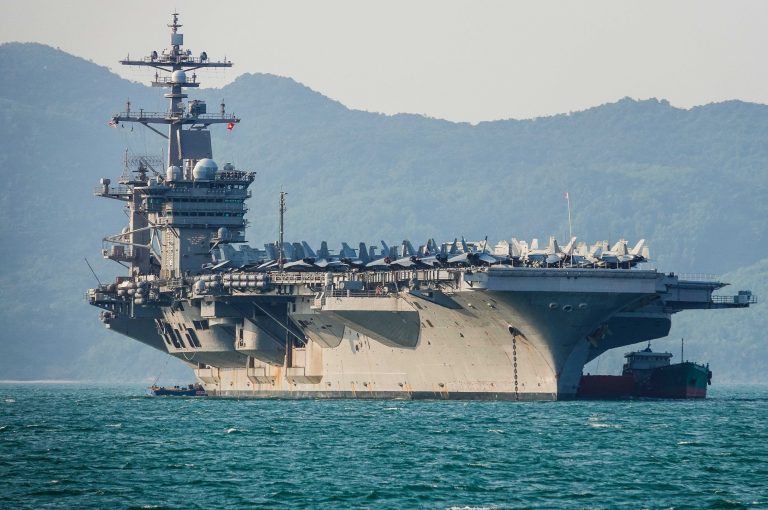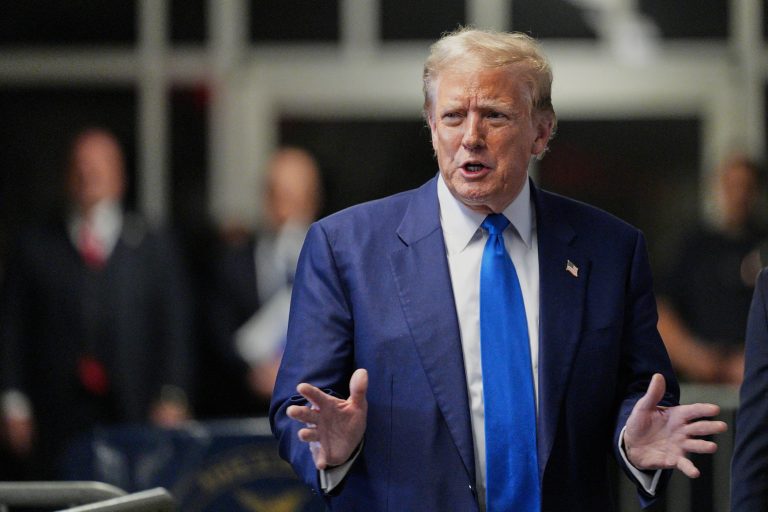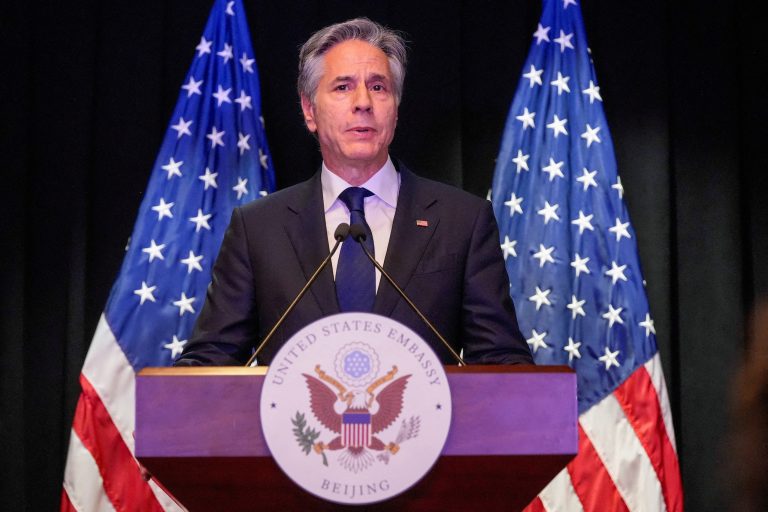The House Select Committee on the Strategic Competition Between the United States and the Chinese Communist Party (CCP) took part in a wargame on April 19 that posits a near-future war with Communist China over an invasion of Taiwan.
In the wargame scenario, the CCP’s People’s Liberation Army (PLA) attacks Taiwan in 2027, attempting to conquer the island after its government declare formal independence from China. Congress members played as the U.S. side, while members of the Center for a New American Security (CNAS), which hosted the event, took Beijing’s role.
Taiwan is governed as the Republic of China (ROC), which used to run all of China before being defeated on the mainland by communist rebels in 1949. The CCP does not recognize the ROC and vows to “recover” Taiwan by any means.
Lasting two and a half hours, the wargame saw the U.S. team try to counter the CCP’s invasion using diplomacy, economic means, and military operations.
“This is not a possibility we wish to contemplate, but one we must,” said Mike Gallagher (R-WI), who chairs the House Select Committee, in prepared remarks prior to the wargame.
Success
You are now signed up for our newsletter
Success
Check your email to complete sign up
As the game progressed, the PLA ended up blockading the seas around Taiwan, making it impossible for the U.S. and its allies to aid the ROC and its armed forces without risking enormous casualties.
In addition, the U.S. side quickly ran out of long-range missiles in the confrontation, which was cut short due to time constraints. Another dilemma was that the U.S. forces in the Indo-Pacific theater simply d d not have enough bases to effectively take on the PLA.
According to Gallagher, the results of the wargame lay bare the importance of arming and fortifying Taiwan before a potential conflict, so as to steeply increase the costs of a CCP invasion, and thus make war less likely to occur in the first place.
“Deterring war is the only path to peace and stability, and it is incumbent upon elected officials to take decisive action to do so before it’s too late,” Gallagher said, as quoted in an April 20 Twitter post.
In an interview with NNC, Rep. Ro Khanna (D-CA), who took part in the NCAS event, spoke about the broader consequences of the conflict, as well as how it would be possible to end up in a war by accident.
He expressed concern about the fact that unlike the communications that existed between the U.S. and Soviet militaries in the Cold War, no such protocols have been set up to manage flashpoints between the U.S. and the PLA.
“The overall lesson is that a war with China would be devastating and catastrophic for humanity,” he said.
















